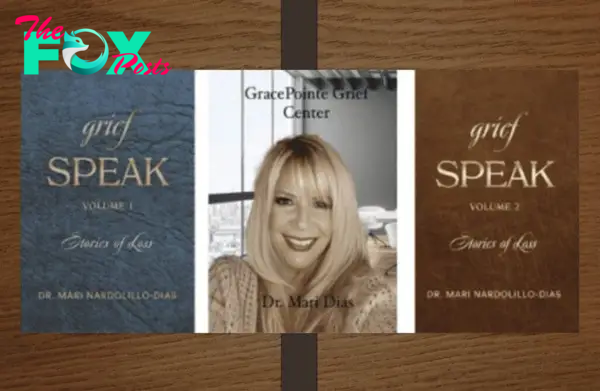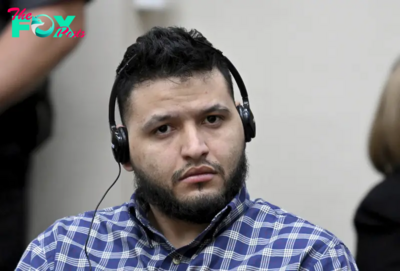Politics
GriefSPEAK: “To sleep, perchance to dream” – Mari Nardolillo Dias
by Mari Nardolillo Dias, EdD, contributing writer on grief and grieving
Unlike a coma associated with braining injury, a medically induced coma is said to be “temporary” and “reversible”. Until it is not. Ralph’s wife, Cindy, rushed him to the hospital when he could no longer tolerate his abdominal pain. Tests proved he had sepsis as his gallbladder had burst. Ralph was put into a medically induced coma, with both a feeding and intubation tube. After six months, efforts to bring him out of this temporary and reversible coma, Ralph failed to regain consciousness. He was unsuccessful on the Glasgow Coma Scale and doctors determined that Ralph should be taken off all life support. No brain activity. No possibility of recovery. Cindy was furious. She argued with the physicians and when they wouldn’t listen, she went to the head of the hospital and told her story. He agreed to a bit more time.
I met Ralph as he was rehabilitating from his lengthy stay in the coma. He said he is doing well: he is trying to regain strength in his legs from lack of use. He uses a walker for now, has no brain damage, and when he came out of the coma, suddenly and unexpectedly he asked his wife where he was, having no recollection or memory of going to the hospital.
Marianne was in a medically induced coma for COPD (chronic obstructive pulmonary disease). For eight years. Her husband, Joseph, had been told several times over the years that she would come out of the coma, but when they tried, she went downhill, and they had to put her back into the coma. This went on every six months, until finally they determined, like Ralph, that she had no brain activity, and there was no chance of recovery.
Like Cindy, Joseph was a warrior, refusing to accept Marianne’s fate. He argued and eventually spoke to the hospital administration, who stated that she could no longer stay at the hospital. Eight years was too long. Joseph hired a medical evacuation transport and had Marianne taken back to Rhode Island, where she was placed in a nursing home. Marianne, like Ralph, came out of the coma without any brain damage or recollection, except for dreams. She was eventually discharged from the nursing home and went home to spend her remaining 13 years with her husband, living a normal life.
I suspect that many family members refuse to believe that their loved one is dying, and physicians are reluctant to provide hope. Both Cindy and Joseph told me they had an “intuition” that their spouses would return. And they did. Both Ralph and Marianne were in their early sixties when these events occurred. I had hoped their experiences might teach us a bit more about what happens in this altered, unconscious state. To my chagrin neither could recall anything. They simply felt like they were sleeping. And perhaps a dream, now and then.
___

Dr. Mari Nardolillo Dias is a nationally board-certified counselor, holds a Fellow in Thanatology and is certified in both grief counseling and complicated grief. Dias is a Certified death doula, and has a Certificate in Psychological Autopsy.
Dias is Professor of Clinical Mental Health, Master of Science program, Johnson & Wales University. Dias is the director of GracePointe Grief Center, in North Kingstown, RI. For more information, go to: //gracepointegrief.com/ Dr. Dias is the author of GriefSpeak
-

 Politics1h ago
Politics1h agoWhy Trump Actually Needs Mexico
-

 Politics1h ago
Politics1h agoMan Convicted of Killing Laken Riley Sentenced to Life in Prison Without Parole
-

 Politics2h ago
Politics2h agoAmericans agree more than they might think − not knowing this jeopardizes the nation’s shared values
-

 Politics2h ago
Politics2h agoRed flag laws are still used in Colorado’s Second Amendment sanctuaries, just less frequently
-

 Politics7h ago
Politics7h agoHow the Biden Administration Protected Abortion Pill Access—and What Trump Could Do Next
-

 Politics7h ago
Politics7h agoWhy Trump’s Tariffs Could Raise Grocery Prices
-

 Politics18h ago
Politics18h agoThe First Trans Member of Congress Expected Pushback Like Mace’s Bathroom Rule
-

 Politics18h ago
Politics18h agoNew York Prosecutors Oppose Dismissing Trump’s Hush Money Conviction



























